America's wild housing market has everybody guessing
Inventory has cratered. Prices are spiking. Buyers' tactics are getting weird. Is a bust inevitable?

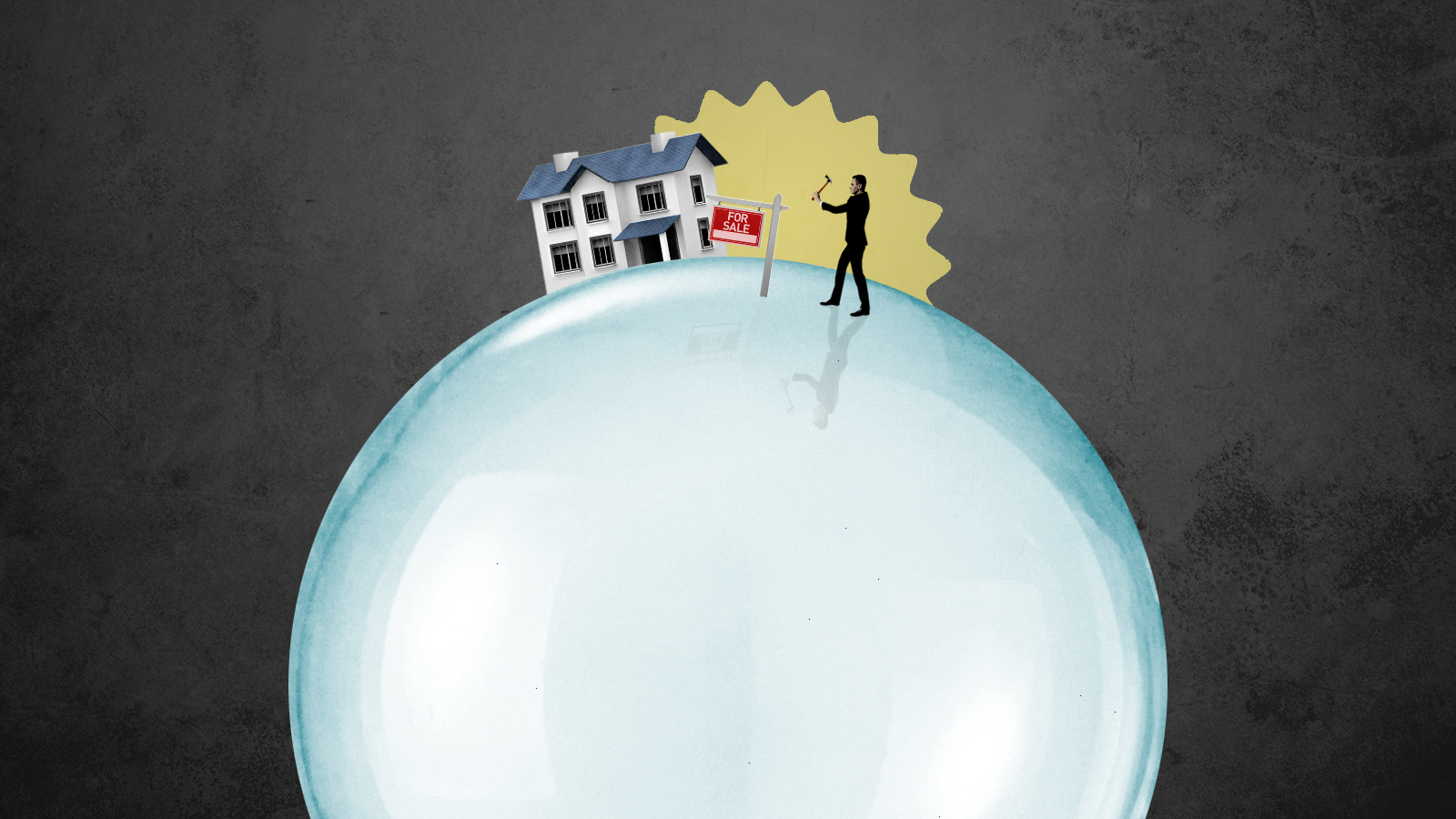
A free daily email with the biggest news stories of the day – and the best features from TheWeek.com
You are now subscribed
Your newsletter sign-up was successful
The American housing market is wild right now. Just how wild is difficult to explain if you haven't recently attempted to buy or sell a house.
I have — my family has a long-planned move coming up soon. When we bought our home in 2014, the previous owners had been trying to sell it for multiple years. Ours was the only offer, and we ended up 15 percent below the asking price.
This sale will be very different. Our real estate agent says our house will likely be listed on a Wednesday, build hype on Thursday, host dozens if not hundreds of potential buyers in a two-day open house on Friday and Saturday, receive 20 or more offers (mostly above asking price) on Saturday and Sunday, and go under contract by Monday. We might get cash offers. Buyers might bid without ever seeing our home in person. They might offer to buy it without an inspection. If we'd wanted a rent-back agreement — in which we could keep living in the house at little or no charge for up to half a year after the sale — we could've found a buyer who'd agree.
The Week
Escape your echo chamber. Get the facts behind the news, plus analysis from multiple perspectives.

Sign up for The Week's Free Newsletters
From our morning news briefing to a weekly Good News Newsletter, get the best of The Week delivered directly to your inbox.
From our morning news briefing to a weekly Good News Newsletter, get the best of The Week delivered directly to your inbox.
None of this is about our house having some unique advantage. It's the market. But can a boom like this last? Are we headed for a bust?
The single biggest factor in the market is the record shortage of homes for sale. A lot of people moved during the COVID-19 pandemic, many — as I anticipated in March of last year — going from bigger cities to smaller locales. With millions of Americans able (indeed, required) to work wholly remotely for the first time, moving to a cheaper area became newly feasible and desirable. A closed city isn't much fun, and private outdoor space came to command a premium.
For those who already owned homes, however, the incentives were different. If you already had a good yard, why give it up? If your job was stable and moving required leaving it, better to sit tight. Real estate inventory plummeted to a historic low — so low, in fact, that there are now more realtors in this country than there are homes for sale.
With so little selection and low interest rates encouraging higher offers, competition caused prices to soar, with desperate buyers embracing weird and risky tactics. A "Bethesda, Maryland homebuyer working with [Seattle-based brokerage Redfin] included in her written offer a pledge to name her first-born child after the seller," tweeted Redfin CEO Glenn Kelman in a long Tuesday thread about the state of the market. "She lost." Here in the Twin Cities, a local magazine reported that a $400,000 home received 32 offers after five days of continuous showings from 7 a.m. to 9:30 at night. Another nearby home sold sight unseen, without inspection, before it officially came to market, for $26,000 above asking.
A free daily email with the biggest news stories of the day – and the best features from TheWeek.com
Looking beyond this sort of anecdote, Kelman wrote, the "typical home sells in 17 days, a record low. Home prices are up a record amount, 24 percent year over year, to a record high. And still homes sell on average for 1.7 percent higher than the asking price, another record." Even where home inventory has increased — New York City and San Francisco, which along with Los Angeles are the archetypal no-fun-in-a-pandemic-so-why-am-I-here? cities — prices are still going up. These price trends are exacerbated by the dramatically slowed pace of new construction in many places, as the industry recovers from pandemic closures and deals with incredibly high lumber costs.
This can't keep going, right? Well, no, in the sense that as the pandemic fades and incentives return to normal, move patterns will likely stabilize, albeit with a long-term shift away from large, expensive, high-tax cities and toward smaller cities in low-tax states. But the prices are another question, and forecasts are all over the place.
For every prediction of a bubble soon to burst, it seems, there's a prediction of exactly the opposite. Prices are incredibly high, but we don't have the tiny down payments and subprime loans of 2008. The median view seems to be something like that of Yale professor and Nobel Prize-winning economist Robert Shiller: "This is not a market that collapses overnight," he said in a recent interview. "But ... we're seeing price increases now that haven't quite been realized since those years just before the [2008] financial crisis." Shiller pointed to cues from the housing futures market to suggest the market will stay hot for another year or two, after which prices will come down, "not overnight, but enough to cause some pain." It won't be the same as 2008, he said, though it "has aspects of a bubble to it — there's excitement. People are talking."
A correlated question is also up for debate, wherever the prices go: Who's winning, and who's losing? Here too, answers vary widely. Millennials are either "tak[ing] over" the market — or "getting screwed again by their second housing crisis in 12 years." The reality, I suspect, is divisions run less along lines of generation (though there is that) than income, local cost-of-living, and perhaps capacity for DIY repairs. Thus did Kelman forecast a K-shaped recovery in which the haves win and the have-nots lose.
On the policy side of things, however this plays out, one way to help the have-nots — and all of us — is to reduce government-imposed housing costs. At the state and municipal level, that means making it feasible to build smaller, cheaper houses by reforming zoning and building codes, as I recently wrote. At the federal level, it means rolling back the Trump administration's trade war to lower materials costs. Unfortunately, with lumber, the Biden administration is heading in the opposite direction, planning to double tariffs on softwood lumber imports from Canada. Steel tariffs also remain intact. That's a mistake.
Expanding the housing supply with affordable new builds would be a good way to ease ourselves out of this boom, hopefully without much of a bust.
Bonnie Kristian was a deputy editor and acting editor-in-chief of TheWeek.com. She is a columnist at Christianity Today and author of Untrustworthy: The Knowledge Crisis Breaking Our Brains, Polluting Our Politics, and Corrupting Christian Community (forthcoming 2022) and A Flexible Faith: Rethinking What It Means to Follow Jesus Today (2018). Her writing has also appeared at Time Magazine, CNN, USA Today, Newsweek, the Los Angeles Times, and The American Conservative, among other outlets.
-
 Political cartoons for February 19
Political cartoons for February 19Cartoons Thursday’s political cartoons include a suspicious package, a piece of the cake, and more
-
 The Gallivant: style and charm steps from Camber Sands
The Gallivant: style and charm steps from Camber SandsThe Week Recommends Nestled behind the dunes, this luxury hotel is a great place to hunker down and get cosy
-
 The President’s Cake: ‘sweet tragedy’ about a little girl on a baking mission in Iraq
The President’s Cake: ‘sweet tragedy’ about a little girl on a baking mission in IraqThe Week Recommends Charming debut from Hasan Hadi is filled with ‘vivid characters’
-
 Can Trump make single-family homes affordable by banning big investors?
Can Trump make single-family homes affordable by banning big investors?Talking Points Wall Street takes the blame
-
 Would a 50-year mortgage make home ownership attainable?
Would a 50-year mortgage make home ownership attainable?Today's Big Question Trump critics say the proposal is bad policy
-
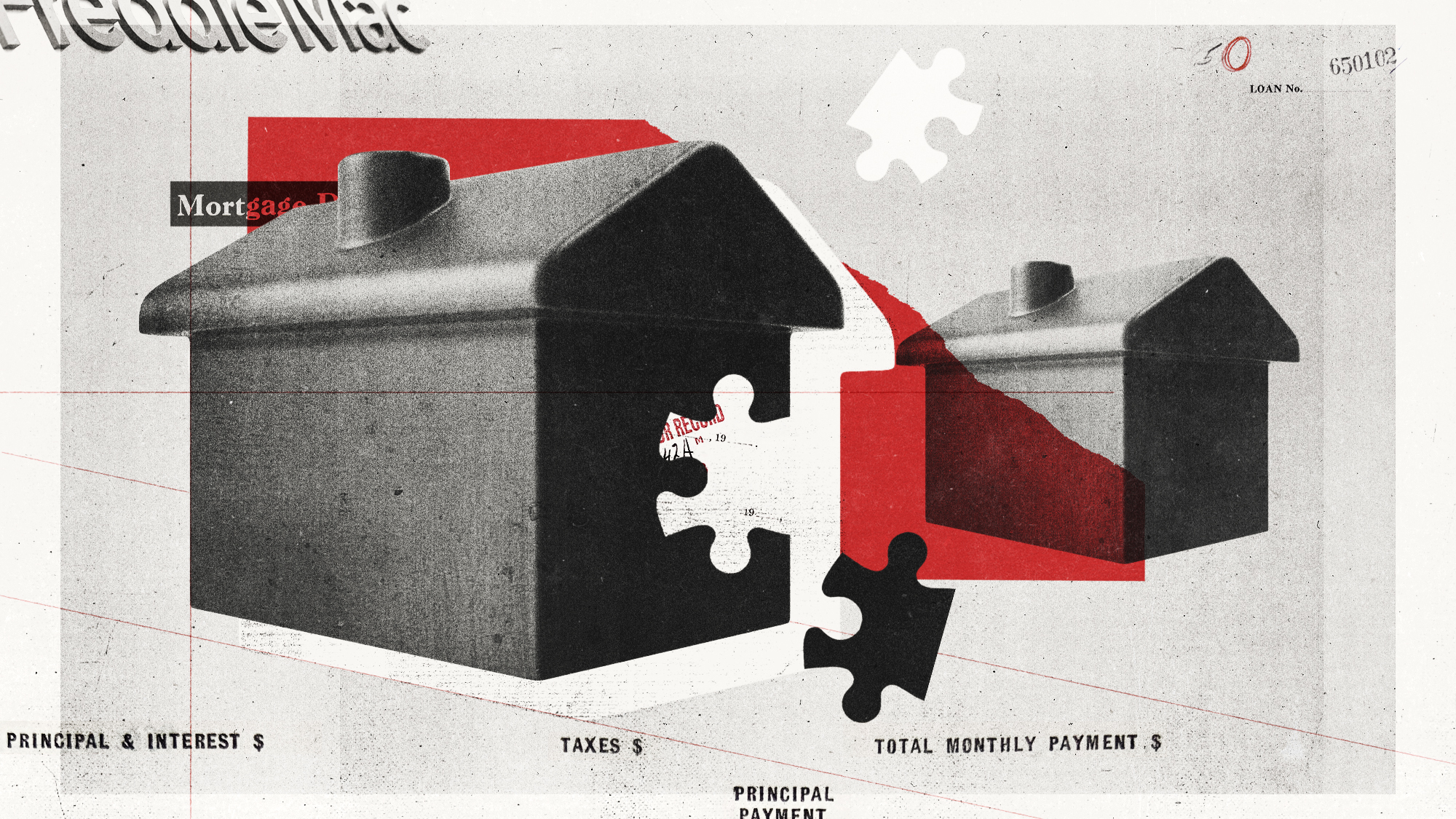 Fannie Mae and Freddie Mac helped trigger the Great Recession. Would an IPO create new dangers?
Fannie Mae and Freddie Mac helped trigger the Great Recession. Would an IPO create new dangers?In the Spotlight It depends on the 'implicit guarantee'
-
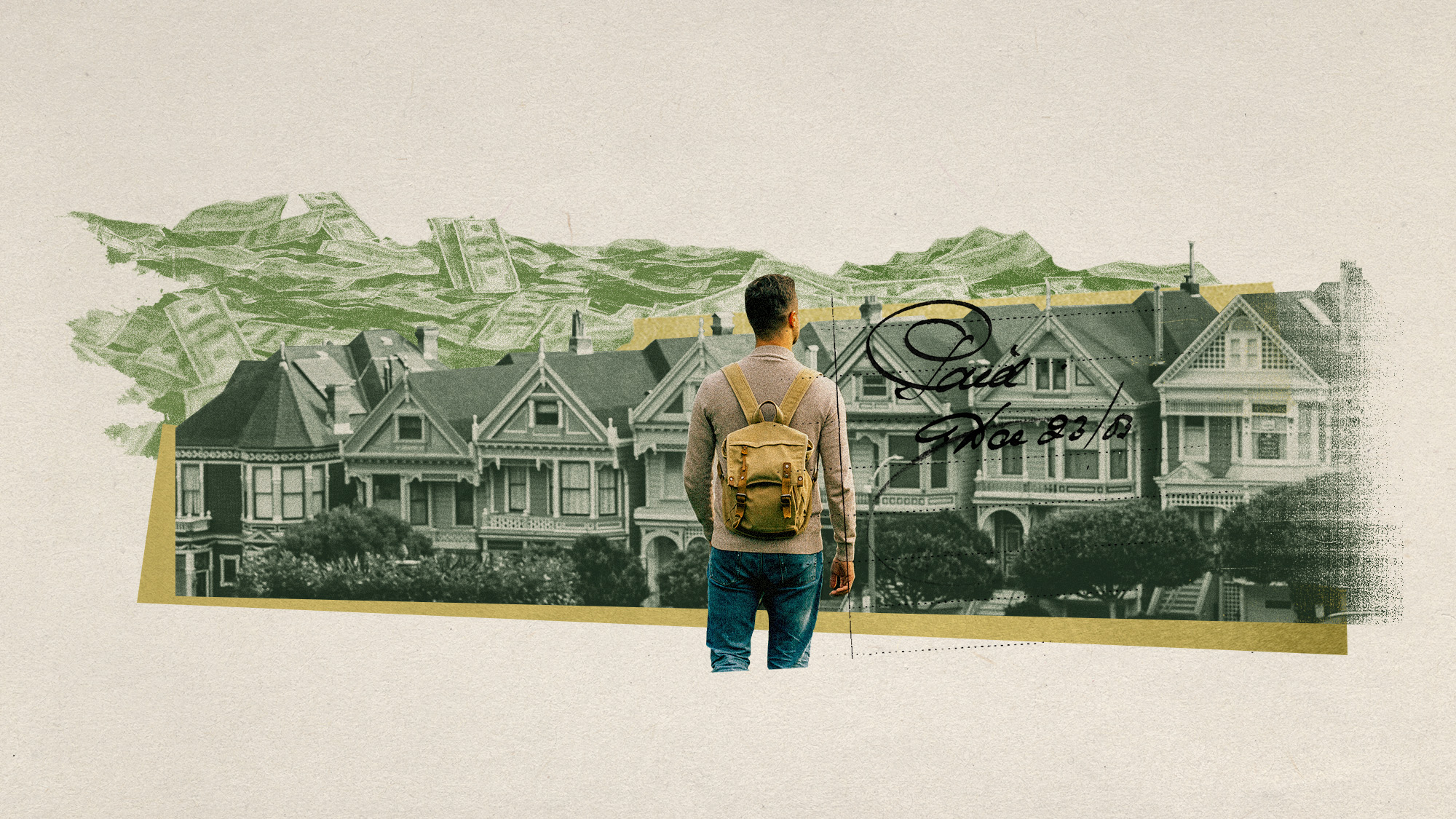 AI is creating a luxury housing renaissance in San Francisco
AI is creating a luxury housing renaissance in San FranciscoUnder the Radar Luxury homes in the city can range from $7 million to above $20 million
-
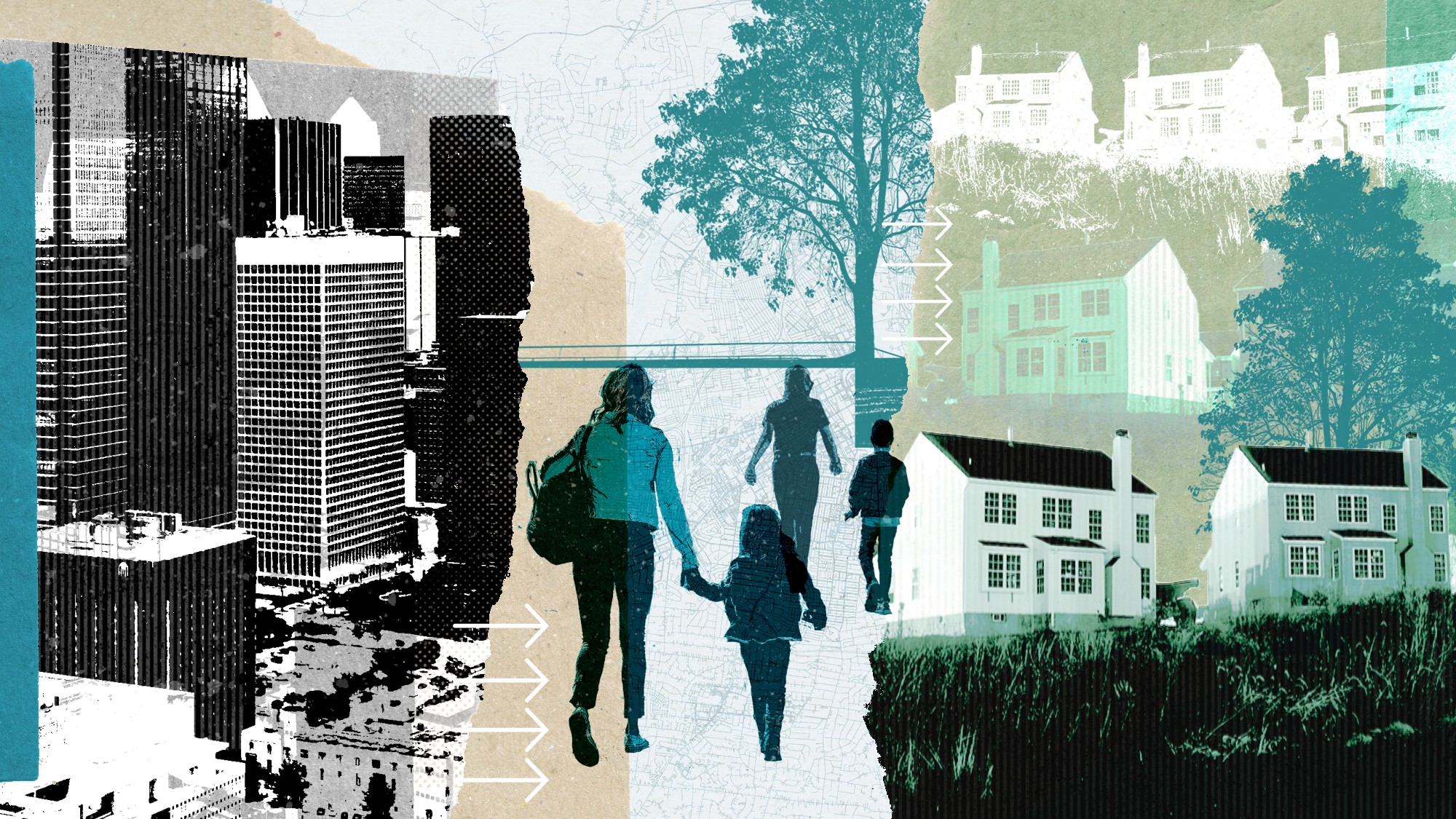 Exurbs: America's biggest housing trend you haven't heard of
Exurbs: America's biggest housing trend you haven't heard ofUnder the Radar Northeastern exurbs were the nation's biggest housing markets in 2024
-
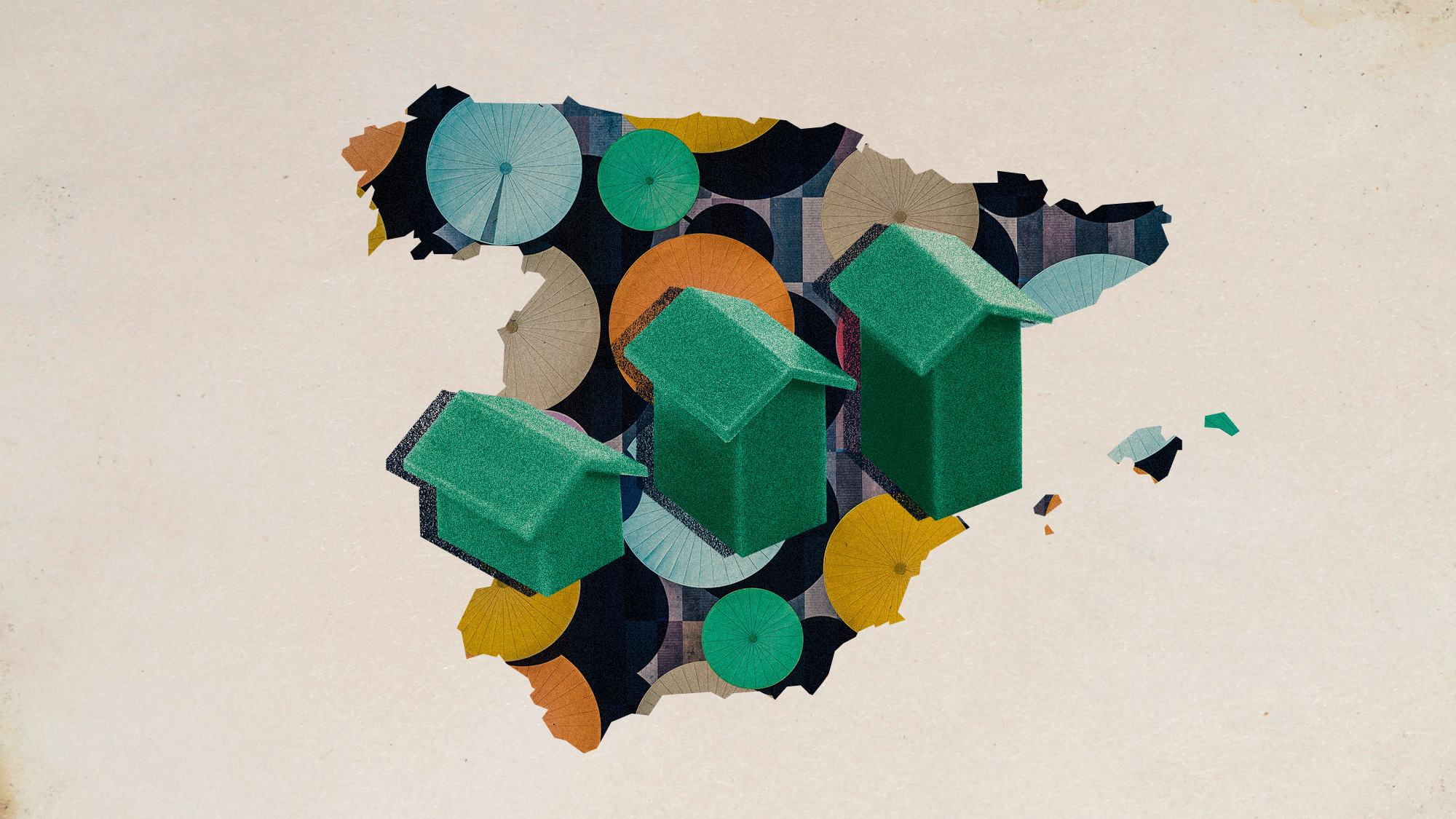 Foreigners in Spain facing a 100% tax on homes as the country battles a housing crisis
Foreigners in Spain facing a 100% tax on homes as the country battles a housing crisisUnder the Radar The goal is to provide 'more housing, better regulation and greater aid,' said Spain's prime minister
-
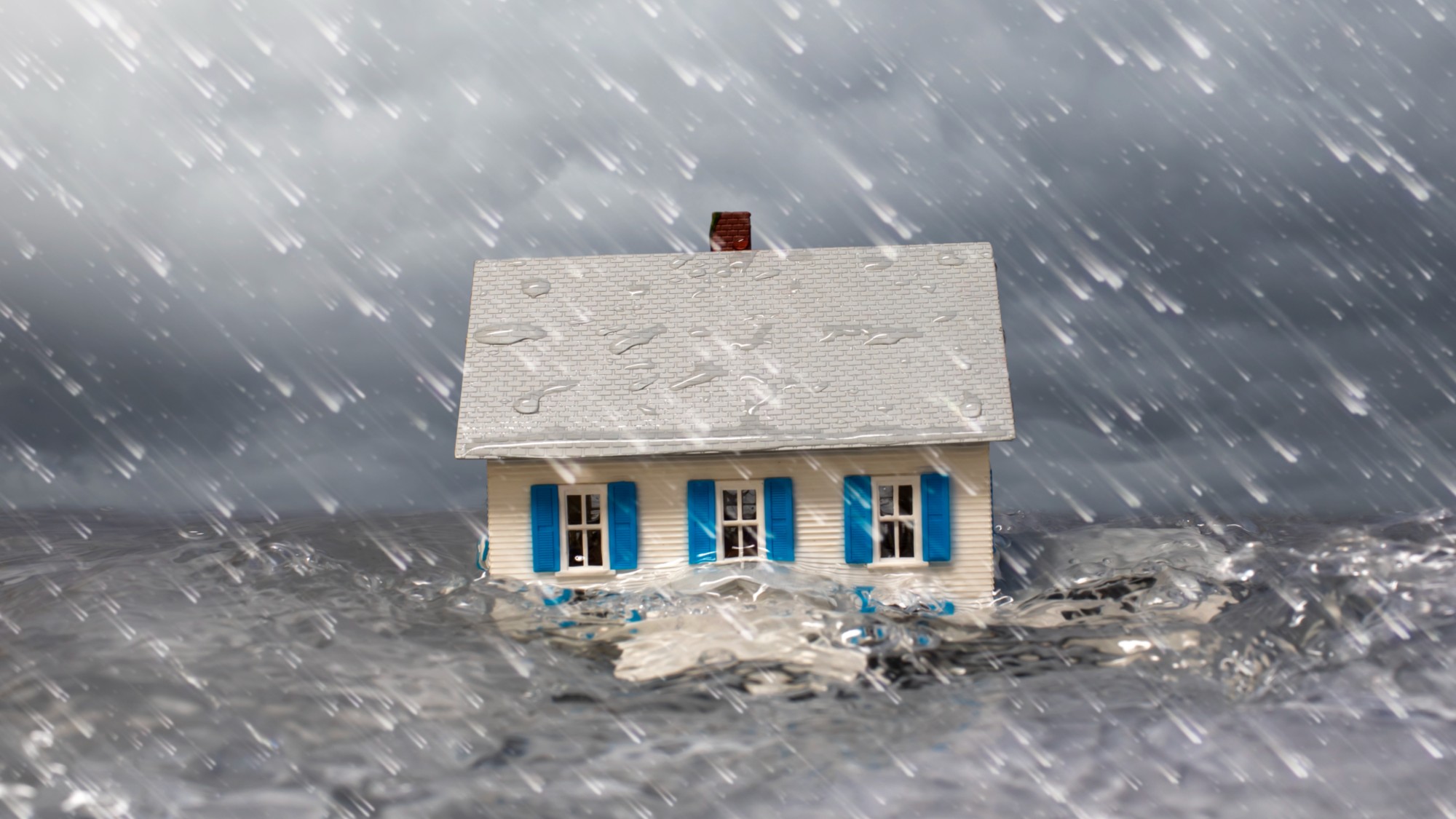 Why are home insurance prices going up?
Why are home insurance prices going up?Today's Big Question Climate-driven weather events are raising insurers' costs
-
 Homebuyers are older than ever
Homebuyers are older than everThe Explainer Rising prices and high mortgages have boxed millennials out of the market
